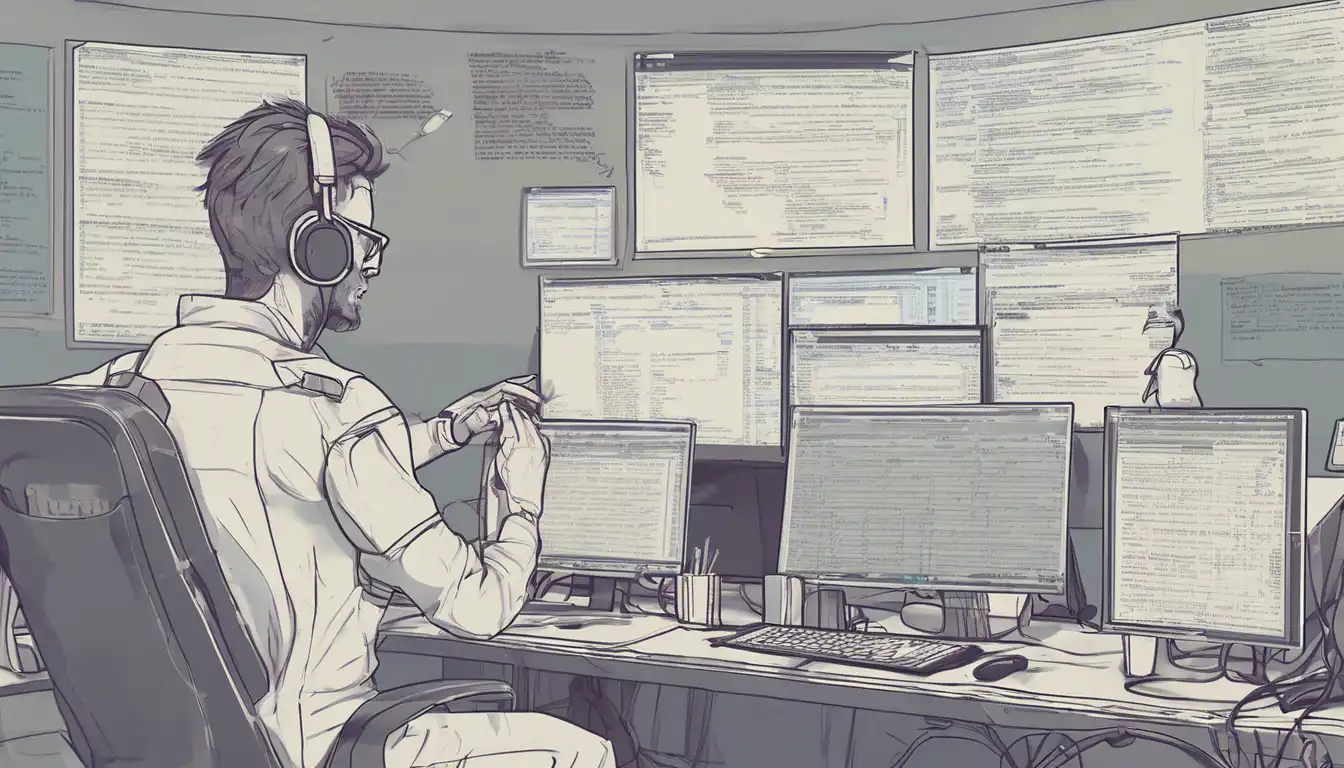Introduction to Professional Code Debugging
Debugging is an essential skill for any programmer, yet many struggle with it. This guide will walk you through the professional techniques to debug your code efficiently, saving you time and frustration.
Understanding the Debugging Process
Before diving into tools and techniques, it's crucial to understand what debugging entails. Debugging is the process of identifying and resolving errors or bugs in your code that prevent it from running correctly.
Essential Debugging Tools
There are several tools available that can help streamline your debugging process:
- Integrated Development Environments (IDEs): Most IDEs come with built-in debugging tools that allow you to step through your code, inspect variables, and more.
- Debugging Software: Tools like GDB for C/C++ or pdb for Python offer advanced debugging capabilities.
- Logging: Implementing logging in your code can help track down issues by recording the application's behavior over time.
Step-by-Step Debugging Techniques
Follow these steps to debug your code like a pro:
- Reproduce the Bug: Before you can fix a bug, you need to be able to reproduce it consistently.
- Isolate the Problem: Narrow down the part of the code where the bug occurs. This can involve commenting out sections of code or using binary search techniques.
- Inspect Variables and State: Use your debugging tools to inspect the state of your application at the point of failure.
- Fix and Test: After identifying the cause, make the necessary changes and test to ensure the bug is resolved.
Advanced Debugging Strategies
For more complex issues, consider these advanced strategies:
- Unit Testing: Writing tests for your code can help catch bugs early in the development process.
- Code Reviews: Having another set of eyes look over your code can uncover issues you might have missed.
- Static Analysis Tools: These tools analyze your code without running it, identifying potential errors based on patterns.
Common Debugging Pitfalls to Avoid
Even experienced developers can fall into these common traps:
- Assuming Instead of Verifying: Always verify your assumptions with evidence from your debugging tools.
- Overlooking Simple Solutions: Sometimes, the bug is a simple typo or logic error. Don't overlook the basics.
- Ignoring the Environment: Differences in development and production environments can lead to bugs. Always consider the environment in your debugging process.
Conclusion
Debugging is a skill that improves with practice and patience. By leveraging the right tools and techniques, you can debug your code more efficiently and effectively. Remember, the goal is not just to fix the bug but to understand why it occurred in the first place to prevent similar issues in the future.
For more insights into programming and software development, check out our programming tips section.
